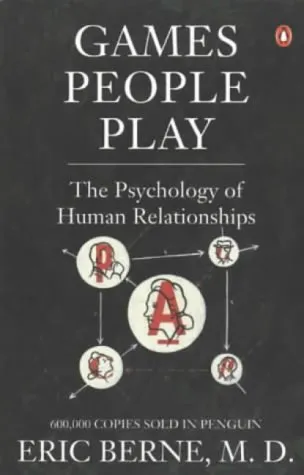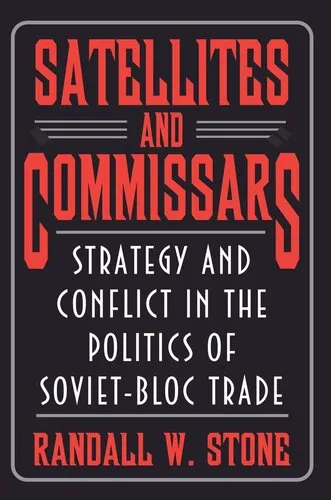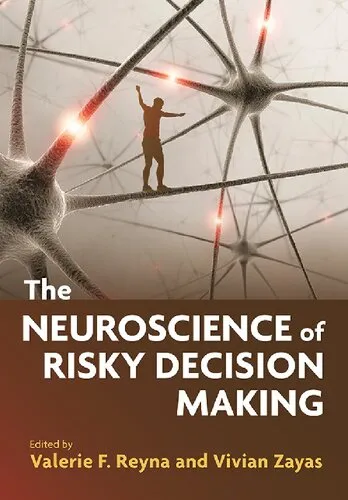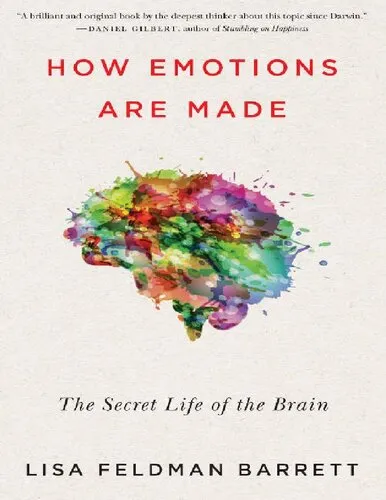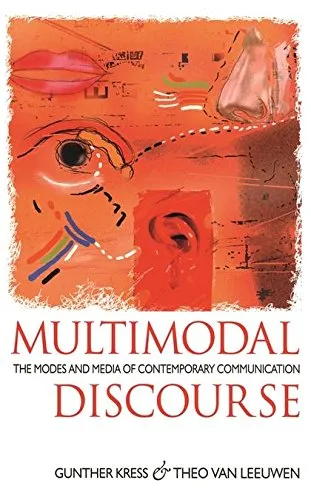Games People Play: The Psychology of Human Relationships
4.6
Reviews from our users

You Can Ask your questions from this book's AI after Login
Each download or ask from book AI costs 2 points. To earn more free points, please visit the Points Guide Page and complete some valuable actions.Related Refrences:
Introduction to 'Games People Play: The Psychology of Human Relationships'
Written by Eric Berne and first published in 1964, Games People Play: The Psychology of Human Relationships has endured as a timeless exploration of the hidden dynamics that govern social interactions. The book popularized the concept of Transactional Analysis (TA), a method of understanding human behavior through the lens of the roles or "ego states" we assume during interactions: Parent, Adult, and Child. By dissecting these roles and the "games" we unconsciously play with each other, Berne sheds light on the subtle yet persistent patterns that shape personal and professional relationships.
Through this landmark work, Eric Berne introduced a fresh psychological framework that is as relevant today as it was when the book first appeared. Whether you're navigating friendships, romantic relationships, or workplace dynamics, understanding and identifying the games people play can lead to deeper self-awareness, healthier relationships, and more effective communication.
Detailed Summary of the Book
At its core, Games People Play provides a roadmap for identifying recurring behavioral patterns that disrupt authentic communication. Eric Berne lays the groundwork by introducing the concept of Transactional Analysis, where each human interaction consists of transactions between three ego states: Parent, Adult, and Child. These ego states represent our learned cultural values, logical problem-solving capacity, and emotional or spontaneous traits, respectively.
The book categorizes interactions into two types: straightforward exchanges and psychological "games." Straightforward exchanges are honest and functional, while games operate on hidden motives and often lead to repetitive, predictable outcomes. Berne defines these games as sequences of ulterior transactions with a concealed agenda and payoff. For instance, games like "Why Don't You – Yes But" (a veiled way of rejecting advice) or "Now I've Got You, You S.O.B." (a way of asserting superiority) illustrate how unspoken dynamics can drive conflict or entrench misunderstandings.
Berne organizes games into categories such as life games, marital games, party games, sexual games, and underworld games. These structures make it easier for the reader to recognize specific behaviors and understand the emotional needs and fears fueling them. This framework allows individuals to interrupt harmful cycles and engage in more meaningful and authentic relationships.
Key Takeaways
- Every human interaction can be analyzed in terms of the Parent, Adult, and Child ego states, helping us decode underlying behaviors.
- Many relationship struggles stem from unconscious "games" with ulterior motives that leave both parties frustrated and unfulfilled.
- Understanding games can help individuals foster healthier, more transparent communication patterns and break free from toxic cycles.
- Transactional Analysis enables individuals to better understand themselves as well as others, leading to personal growth and emotional intelligence.
- By recognizing the games at play, you can stop perpetuating negative dynamics and create more honest, constructive relationships.
Famous Quotes from the Book
"Awareness requires living in the here and now, and not in the elsewhere, the past or the future."
"The eternal problem of the human being is how to structure his waking hours."
"Games are a compromise between intimacy and keeping intimacy away."
These profound insights not only capture the essence of the book but also invite the reader to reflect on their own patterns of behavior and relationships.
Why This Book Matters
More than just a psychological theory, Games People Play offers a practical guide to identifying and addressing the subconscious behaviors that impact our relationships. By learning to analyze and modify these patterns, readers gain the tools to enhance their emotional well-being and improve their social connections.
The book's relevance remains undiminished in the modern era, where the complexities of human interaction are magnified by digital communication and cultural shifts. Whether you're a professional looking to improve workplace dynamics, a couple seeking closer intimacy, or an individual yearning for greater self-awareness, Games People Play provides a foundation for transformative personal and interpersonal change.
Ultimately, the book's enduring value lies in its ability to make the invisible visible, helping readers uncover hidden motives and understand the deeper significance of their interactions. It challenges us to live more authentically, free from the constraints of unconscious games, and to build more meaningful connections with others.
Free Direct Download
You Can Download this book after Login
Accessing books through legal platforms and public libraries not only supports the rights of authors and publishers but also contributes to the sustainability of reading culture. Before downloading, please take a moment to consider these options.
Find this book on other platforms:
WorldCat helps you find books in libraries worldwide.
See ratings, reviews, and discussions on Goodreads.
Find and buy rare or used books on AbeBooks.
1483
بازدید4.6
امتیاز0
نظر98%
رضایتReviews:
4.6
Based on 0 users review
Questions & Answers
Ask questions about this book or help others by answering
No questions yet. Be the first to ask!
